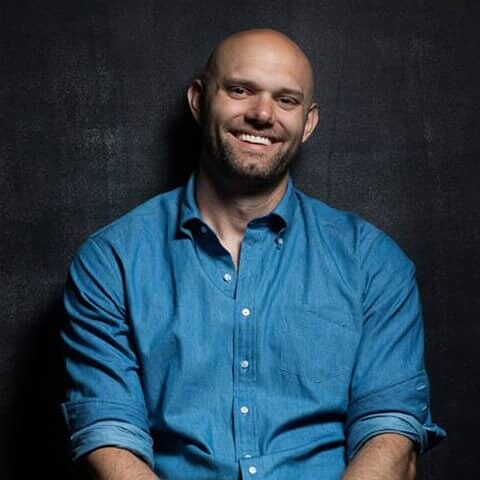 author
authorSharon Begley
Sharon Begley was an American journalist who was the senior science writer for Stat, a publication from The Boston Globe that covers stories related to the life sciences. She regularly contributed articles to the Yale Scientific Magazine while at University. She published recurring columns and feature articles in several mainstream publications on a wide variety of scientific topics. Begley was also an author and spoke at professional and community organizations.
Her topics included the neuroplasticity of the brain, issues affecting science journalism, and education. She appeared on radio and television to discuss topics covered in her articles and books. Begley attracted both praise and criticism as a writer. Begley was born Sharon Lynn Begley, on June 14, 1956, in Englewood, New Jersey, to Shirley (née Wintner) and John J. Begley Jr. Her father was a stockbroker while her mother was a homemaker. She grew up in Tenafly, New Jersey, where she graduated from high school as a valedictorian. She graduated from Yale University in 1977 with a Bachelor of Arts degree in combined sciences.
Begley started her career as a journalist during her undergraduate studies, where she was a contributing reporter for Yale Scientific Magazine. She began work with Newsweek upon graduation in 1977, and by October 1984 she had already been named as a recipient of The Newspaper Guild of New York's Page One Award in the category of science reporting in magazines for the Newsweek article "How the Brain Works".
Begley's tenure with Newsweek established her as a well-known science communicator. She received accolades from the Religion Communicators Council for the 1998 article "Science Finds God". Her 2002 article "The Mystery of Schizophrenia" received honors from the National Alliance on Mental Illness. Other awards have cited her clarity of communication and the accessibility of her articles in furthering the public's understanding of science.
In March 2002, after 25 years at Newsweek, Begley joined The Wall Street Journal to write its weekly science column called Science Journal. Only three months later, "So Much for Destiny: Even Thoughts Can Turn Genes `On' and `Off", earned Begley a Front Page Award for Best Column/Editorial from the Newswomen's Club of New York. More awards followed for her reporting on a wide variety of topics related to scientific research, including an honorary doctorate of humane letters degree from the University of North Carolina.
In 2007, Begley returned to writing an award-winning science column at Newsweek. In 2010 Newsweek formed an alliance with The Daily Beast, and Begley's byline often appeared on this site as well. From 2012 until 2015 she worked as senior health and science editor at Reuters. In August 2015, the first article appeared under the masthead of the Boston Globe's new science publication Stat with Begley as a member of the inaugural staff.
In 2002 the book The Mind and the Brain: Neuroplasticity and the Power of Mental Force, Begley and Jeffrey M. Schwartz explained the results of Schwartz's research into the origin and treatment of obsessive compulsive disorder. Here, Schwartz explores the subject of the neuroplasticity of the brain and expands upon the idea of "brain lock", a term he introduced in his 1997 book Brain Lock: Free Yourself from Obsessive-Compulsive Behavior.
Featuring a foreword written by Tenzin Gyatso, the 14th Dalai Lama and a preface by Daniel Goleman, Train Your Mind, Change Your Brain: How a New Science Reveals Our Extraordinary Potential to Transform Ourselves was published in 2007. This book begins with a description of the visit by scientists from the Mind and Life Institute to the northern Indian town of McLeod Ganj—the home of the 14th Dalai Lama in exile. The book then explores the ability of various therapeutic treatments to change the functioning of the neural pathways of the brain and the relationship between this research and the traditional meditative practices of Buddhism.
In 2012 Begley again served as a co-author, this time with Richard Davidson, for The Emotional Life of Your Brain: How its Unique Patterns Affect the Way You Think, Feel, and Live — and How You Can Change Them. The premise of this book is that each person has an individual "Emotional Style". Davidson uses six parameters to determine this Emotional Style: Resilience, Outlook, Social Intuition, Self-Awareness, Sensitivity to Context, and Attention.
Best author’s book



Written books
1



















